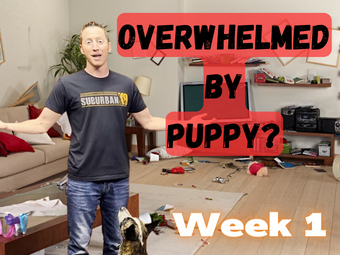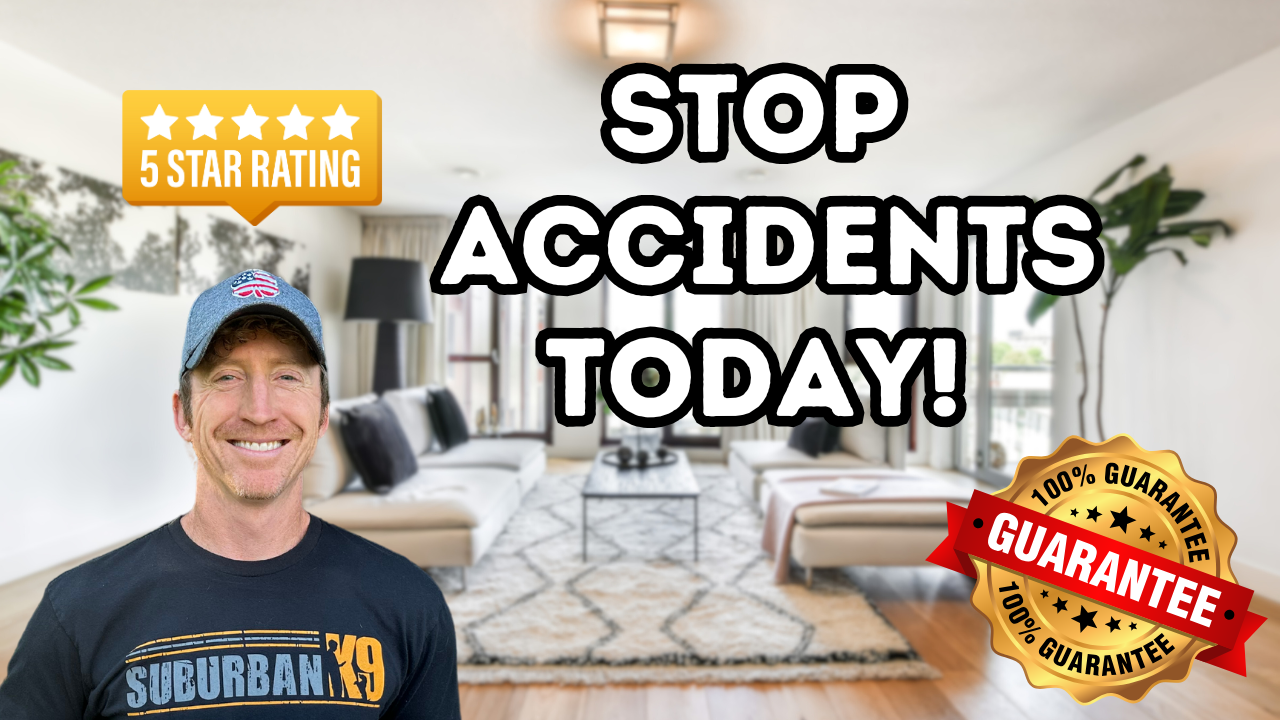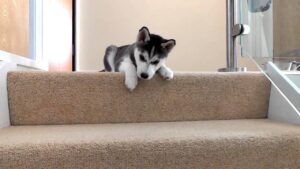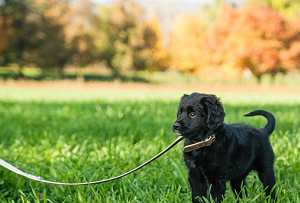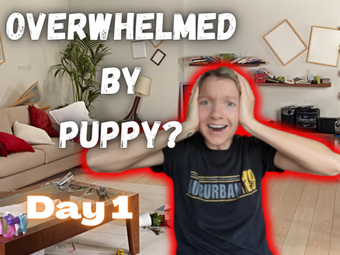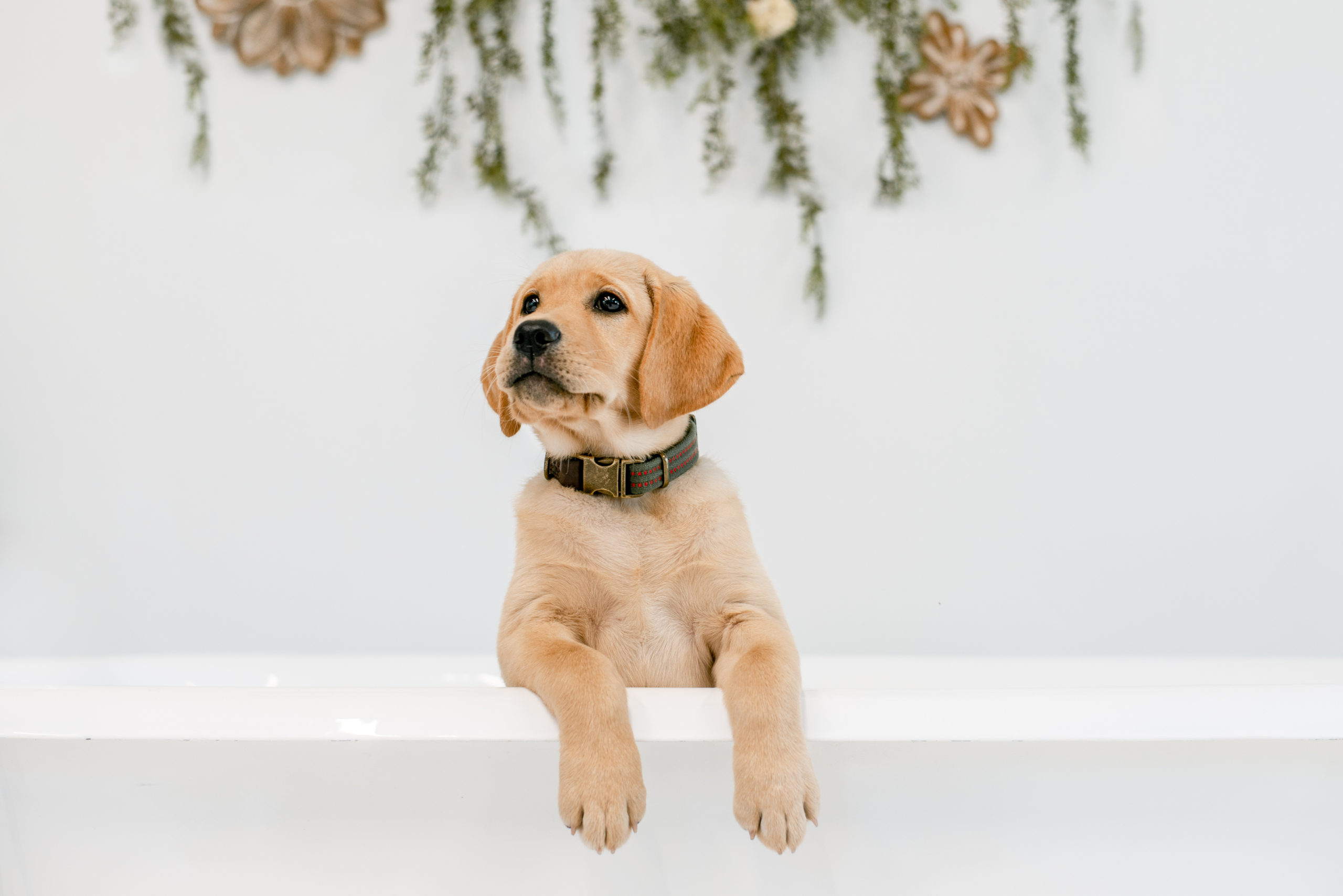Are you ready for the first week with your new puppy!? Getting a brand new puppy can very quickly become an overwhelming experience! That being said, adding a new dog to your home is one of the most exciting times of your life, Suburban K9's Founder Matt Covey and Assistant Director of Training Holly Wengerski sit down and chat about what they think the best advice is for a puppy's new human on their first day home! This is a continuation from our article on your puppy's first day. If you haven't seen it, check it out here!
How do I Socialize my new puppy the first week I get him?
We strongly suggest you create a socializing plan for your new puppy immediately! There is a critical socialization window that closes at about 16 weeks old. Unfortunately, puppies will not be fully vaccinated until after this window closes. Socializing your dog at a young age is entirely safe as long as you are avoiding heavy dog traffic areas.
You should avoid Pet Stores and dog parks at this age, but meeting friendly, vaccinated dogs in your neighborhood is a brilliant plan! Try to find friendly and vaccinated dogs that friends or family may own, and take the time to arrange some play dates.
Dogs are just one of the things you should be focusing on when socializing. Anything out of the puppy's norm is essential to expose it to. Try including all types of people, dogs, animals, and environments! Different environments expose them to new scary sounds, sights, and smells!
Check out more about socializing a puppy in our article here!
Make sure you avoid meeting dogs that have just returned from dog daycare or dog parks. Meeting kids and other people is also safe! Just seeing people and dogs without an actual greeting is good as well in order to teach your puppy self control! Small and short meetings are great, and these are best to do on a leash so you can maintain control of the situation.
How do I begin potty training my new puppy in the first week?
Potty training your new puppy in their first week can be challenging, but we have many resources for you! Check out our Potty Training Academy for the most complete puppy potty training advice that you can get online.
Creating a potty log allows you to have a set potty schedule! Potty logs give us when, where, and how often your dog has successes and failures. Once you have developed a solid potty log, it is easy to potty train your dog, as you know what the issue is.
Every unseen accident is a problem! Making mistakes is fine if we catch them and stop them in the act. Your puppy getting away with it will set you back! Clapping your hands, saying no, or even a correction when applicable goes a long way. What type of correction we give depends on the dog. It needs to be stern enough for them to know they messed up. Some dogs are very gentle, and some require you to be more stern!
How Important is crate training for a new puppy?
Do not lose sight of how vital the crate is, and make sure you are creating a routine! Especially during the time we know our puppies owe us one! If they owe you one, make sure you are watching them like a hawk! Having a leash and collar on is essential when you take your dog out as well! Potty training is not complicated, but it is a ton of work!
How do I teach my new puppy to stop doing things I do not like?
Establishing your house rules needs to be done right away! We need to teach them not to jump, nip, bark excessively and chew. We need to make sure we are teaching them right from wrong! Each house has different rules; the most important thing is to make sure you are enforcing your house rules consistently. You need to make sure your family is all on the same page! Jumping is a perfect example that jumping is never ok uninvited, so make sure you set the tone early.
Typical rules to teach a puppy:
- No Jumping
- No Nipping
- No excessive barking
- No chewing/destroying clothes and furniture
Do not wait to establish these rules, as setting the tone early makes it easier to change a behavior before it becomes a habit. This will help you raise a well mannered pup!
How do I stop my new puppy from stealing my socks?
We accomplish this with an exercise called item discernment, teaching what they can and can not touch. This should be worked on right away. Make sure you are working on safe things! Set this exercise up for 15 min a few times a day, and your puppy will quickly understand what it should and should not be playing with.
Spread out an assortment of items on the floor for the puppy to interact with. Include many of their toys and chews randomly and allow them to start playing. If they choose one of their toys, reward them with praise or engage in play. If they take a sock or shoe, step in and correct the behavior.
How do I get my new puppy to walk on a leash?
The last topic we covered in this video is leash acclimation. You need to get your dog acclimated to a leash as soon as possible! Make sure you set your expectations on how well the walks go. This also helps a ton with socializing. You need to use something that motivates them if they refuse to walk on a leash. Make sure you know your puppy, some dogs are super confident, and some are not! The goal is a nice calm walk. Check out our article on a puppy's first walk on a leash here!
Conclusion
There are a ton of talking points for the first week with your puppy, but hopefully, this is enough to help you think about all the things you need to work on with your puppy! Please visit our puppy resources to read other articles that can help you raise the best puppy ever! If you have any questions about your new puppy, please comment below! Happy training!
If you are feeling overwhelmed and need some help, reach out to us! Our Dog Boot Camp and our In-Home dog training lessons are highly customized and designed to give you and your dog the best life possible. For those looking for the absolute best training packages, check out our One Year In Home Training Packages and Board and Train Plus Package. We focus on obedience commands, leash walking, off-leash training, in-home behaviors, socializing, and many other training goals.
